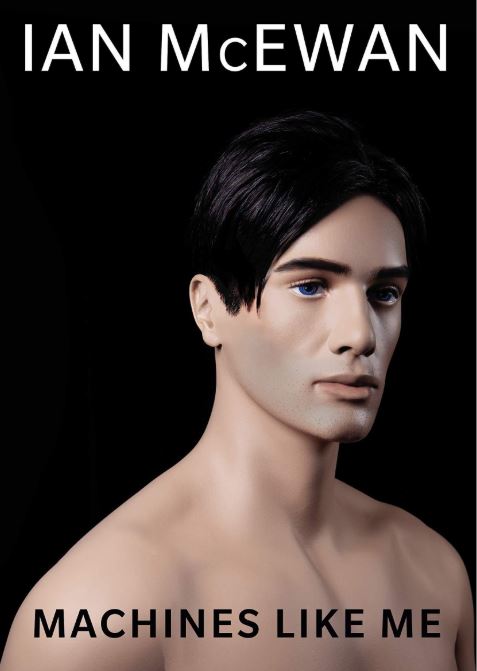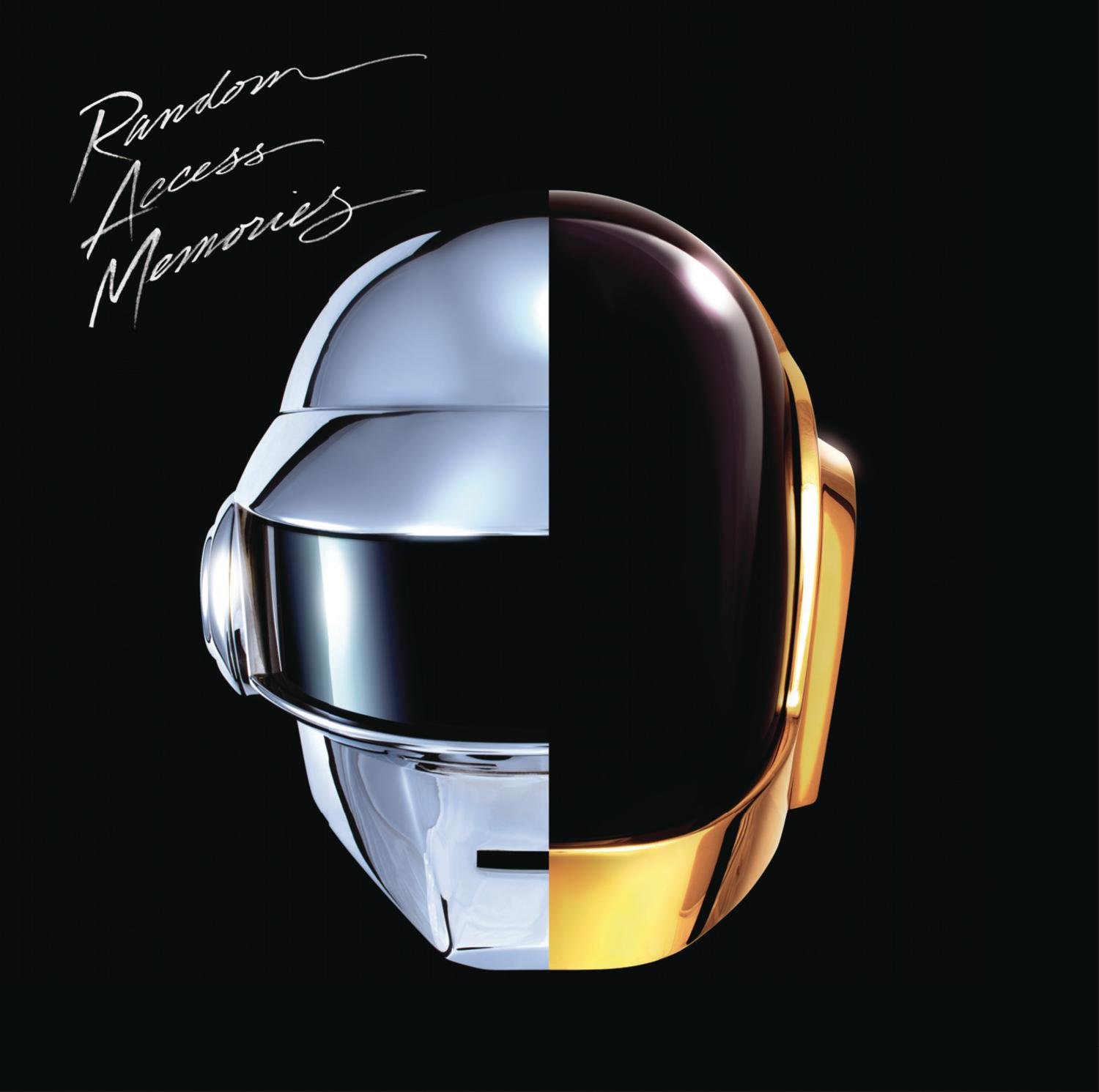Like many of those in the gaming sector – not least the thousands returning home after last week’s ICE – CasinoBeats travels a lot
A business acquaintance of CB once proclaimed that driving was, for him, an “opportunity to do other things”.
Many a drive between UK offices would find him making a call on his Jabra headset (hello 2004), while thumbing through a Moleskine notebook on the passenger seat and perhaps even perusing an A3 site plan on the dash. All at 90mph, and a good deal less than the recommended two seconds from the car in front.
It would give no pleasure to report that he fell victim to some awful self-inflicted fate but he did not, evidently blessed with the multitasking skills usually ascribed to the female of the species.
A seven-hour flight from Manchester to New York’s JFK is, by contrast, that rare thing – a time free from modern life’s many distractions and an opportunity to take in some simple pleasures – reading, listening to music, watching a terrible film.
Random Access Memories – Daft Punk (74 mins)
This is a long album, but then it is a long flight and this particular slice of the on-board entertainment package is free. And free is good.
Unbroken me-time such as this also offers the comparatively rare opportunity to listen to an album in its entirety, in the sequential order in which it was conceived.
The French duo’s fourth album is something of a magnum opus, bringing together the very essence of what it means to be Daft Punk.
This is a record unsurprisingly high on electronica and retro influences. But these are more than clever production motifs, there is deep love here for Giorgio Moroder, for the Chic legacy, for disco and funk, soul and dance.
Track three, Giorgio by Moroder, features a lengthy atmospheric monologue from the man himself. It is a love letter to Moroder and it sits neatly between a surprisingly eclectic collection of compositions.
And that is what these 13 tracks are, compositions, not songs. They lay bare their creators’ deep and obvious love of Studio 54-era disco, of Quincy Jones style soul, of the comforting bleeps and squeaks of the ZX81 or the magical Atari 2600.
It is The Goonies and Frogger, it is cream soda and Opal Fruits. It is the soundtrack to Scarface. There are several moments during the album when it seems inevitable that a vocoded Donna Summer chorus or Nile Rogers bass line will kick in, or that a tightly-knit Tavares harmony will take the listener to new heights.
Instant Crush features The Strokes’ Julian Casablancas and, fittingly, has a looser, edgier production. A casual romp through a dark and dirty dance floor to the brightly lit keys of the chorus.
Elsewhere, there are chart-friendly (but no less worthy) missives in Lose Yourself to Dance and the Pharrell-fuelled floor-filler Get Lucky. The final track, Contact, culminates in a dizzying aural crescendo, rich in colour and near orgasmic bombast.
Back in 2014, these two students of electropop delivered in every way. RAM is peak Daft Punk and it remains an instant classic. It is 74 minutes extraordinarily well spent.
Peppermint (101 mins)
It is worth acknowledging that the choice of free films on the flight is limited, mostly to the straight-to-DVD kind that do not bother the multi-screen megaplexes one iota.
There are two kids films on offer, Christopher Robin and the admittedly magical (well, at Christmas) The Polar Express, featuring a proto-mocap Tom Hanks in all his wistful, glassy-eyed glory. Then there’s Let Be Cops, a buddy comedy about two guys who pretend to be cops or something hilarious.
The lucky travellers in this Airbus A-330 also have the option of rom-com Destination Wedding, something of a non-com judging by the trailer, and Victor Frankenstein, starring Harry Potter and Steve from Shameless.
The only logical choice then is Peppermint, a revenge thriller starring Jennifer Garner with a distinct Netflix Original feel.
Peppermint sets the tone pretty quickly. Garner’s character, Riley North, is a badass. She shows no mercy. She knows no pain. She staples closed an open leg wound without anaesthetic (which is for wimps) and then swigs from the pure alcohol cleanser. Eating is purely functional, feelings are deeply buried. Bad. Ass. Yet one in sight of redemption.
But she wasn’t always like this (surprise). Riley was a teacher and a mother to a cute daughter, who she was raising with a lantern-jawed dreamboat of a husband. In flashback, her many decencies and kindnesses go unrewarded. Ten minutes in, we have all this and more. Somehow, Riley transforms from downtrodden soccer-mom into an ass-kicking female Deadpool.
Clues to how this happens lay in Peppermint being from the team that brought us Liam Neeson’s breakout powerhouse Taken.
Taken succeeds because, in film terms, it is vanilla. And sometimes all we want is good ole vanilla. In a cone, maybe with a Flake with that raspberry sauce (which we always called monkey blood). We digress.
So Peppermint is basically Taken in terms of its structure and design. Garner is not the obvious choice for the Liam Neeson role, which is perhaps a good thing. And the horrors that befall her family are sensitively handled, although they remain shocking. And they perhaps lose their edge with every sombre reminder that “she saw her family murdered”.
Riley (close to Aliens‘ Ripley in so many ways) is quickly cast as the film’s hero, her motivation clear. Sixteen minutes in and everyone she loves is dead. A mother’s love runs deep. We get it.
The courts dispense a flimsy form of justice and, the world seemingly against her, Riley sets about getting even, ending her journey as the Lara Croft we see at the outset. There are a few lazy stereotypes on show too, the bad guys are tattooed gang members, working for a seemingly omnipotent Hispanic overlord, Diego Garcia.
Five years pass since the court case and sharp-witted detectives have noticed that bodies have started piling up. Guess what? Riley has been cage fighting. She’s been off the radar, she has been schooled in pain and now she’s back in LA. Does Ripley Riley get the bad guys? Does she sidestep all the damned corruption and have her vengeance? We wouldn’t want to give anything away but yes, she does. She really does.
Despite the fully expected denouement, these 101 minutes nonetheless pass relatively quickly as Peppermint skips along at a lively pace.
Given the free options on offer, this was probably a fair choice but however much one enjoys vanilla – or peppermint – mostly it is a reminder just how much pleasure there is to be had in a tub of Ben & Jerry’s Choc-Chip Cookie Dough.
Machines Like Me – Ian McEwan (244 minutes)

It is hard to read a sci-fi novel about artificial intelligence in 1980s’ London, set in a subtly but significantly rewritten alternative history, in which the UK lost the Falklands War, without bringing to mind Philip K Dick’s Bladerunner or The Man in the High Castle. Or Alex Garland’s Ex Machina. Or Westworld.
But there are some leaps that are harder to countenance than others. Indeed, Machines Like Me has the internet, in 1985. Email has been around for years. Alan Turing lives an unmolested openly gay existence and continues to influence almost every aspect of technological advancement. And Charlie, our protagonist, has a new friend – Adam, a synthetic human that he bought thanks to a very healthy inheritance.
That Charlie lives in relative poverty with an £86,000 robot may be a slightly convenient (and clunky) foundation, but no one can accuse McEwan of laziness or any kind of plagiarism. That said, these are familiar tropes. Not least the notion that AI’s boundaries are near limitless and as such a potential threat to mankind.
And so begins a bizarre love triangle between Adam, Charlie and the latter’s girlfriend, Miranda. As with so much of McEwan’s work, Machines Like Me is surprising and refreshing, even when dealing with well trodden themes. He is one of those few among us who understands the human condition so well.
McEwan’s storytelling never gets in the way of the story itself. His writing has a simplistic beauty and it fits well with far-fetched notions of cybernetics and Margaret Thatcher being humble. This gentle touch gives Machines Like Me a bearable lightness.
Nonetheless, the more than four hours dedicated to Machines Like Me are not sufficient to complete the book (CB is not a speedy reader) and, as the cabin crew take their seats for landing (please) there are still a solid 100 pages or so left to turn.
It’ll keep. The pressing matter of three hours standing in the arrivals pen at JFK beckons. It is a slow, humour-sapping crawl through one of modern life’s more sobering processions. Some time is well spent. Some is not.









